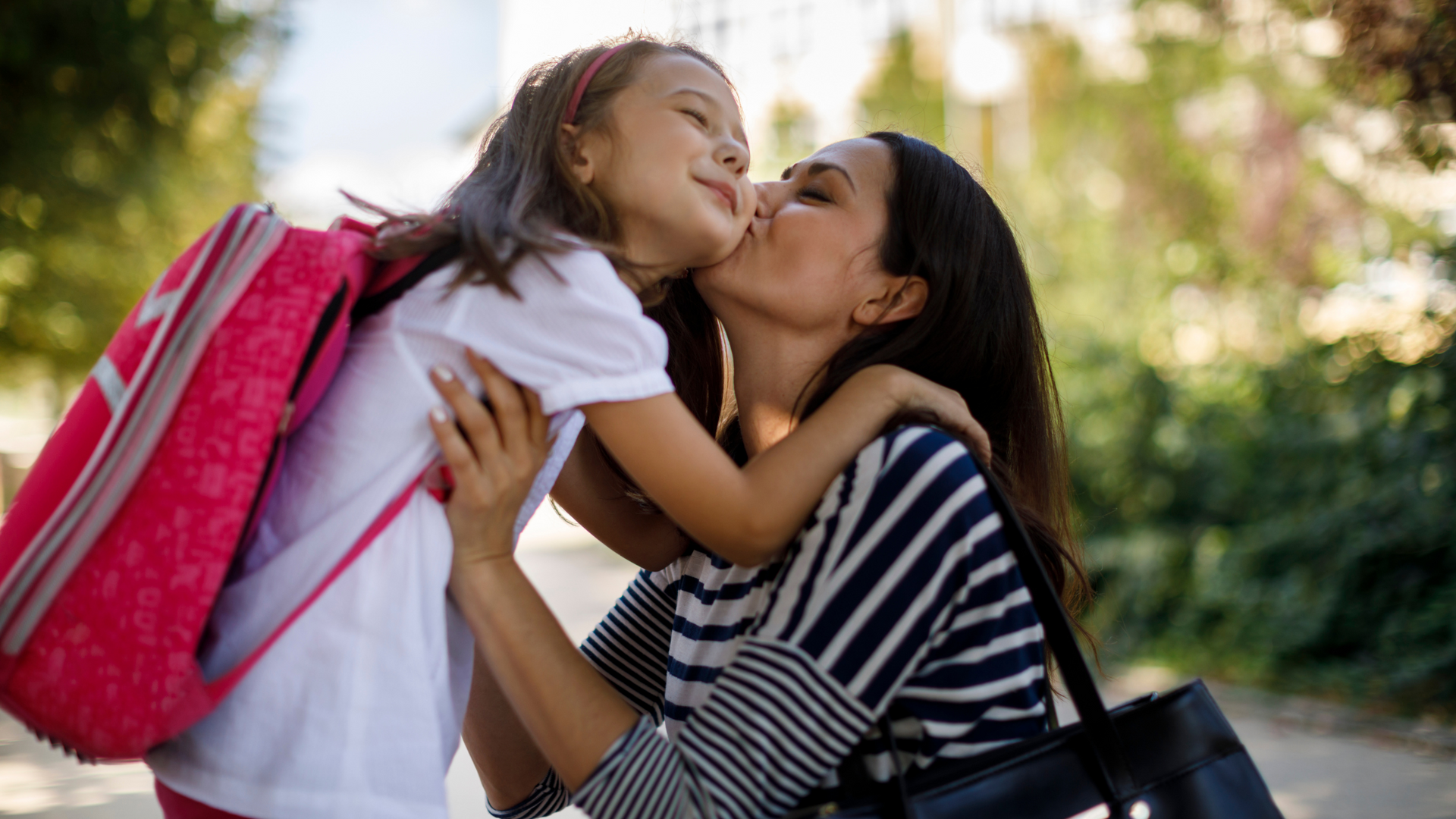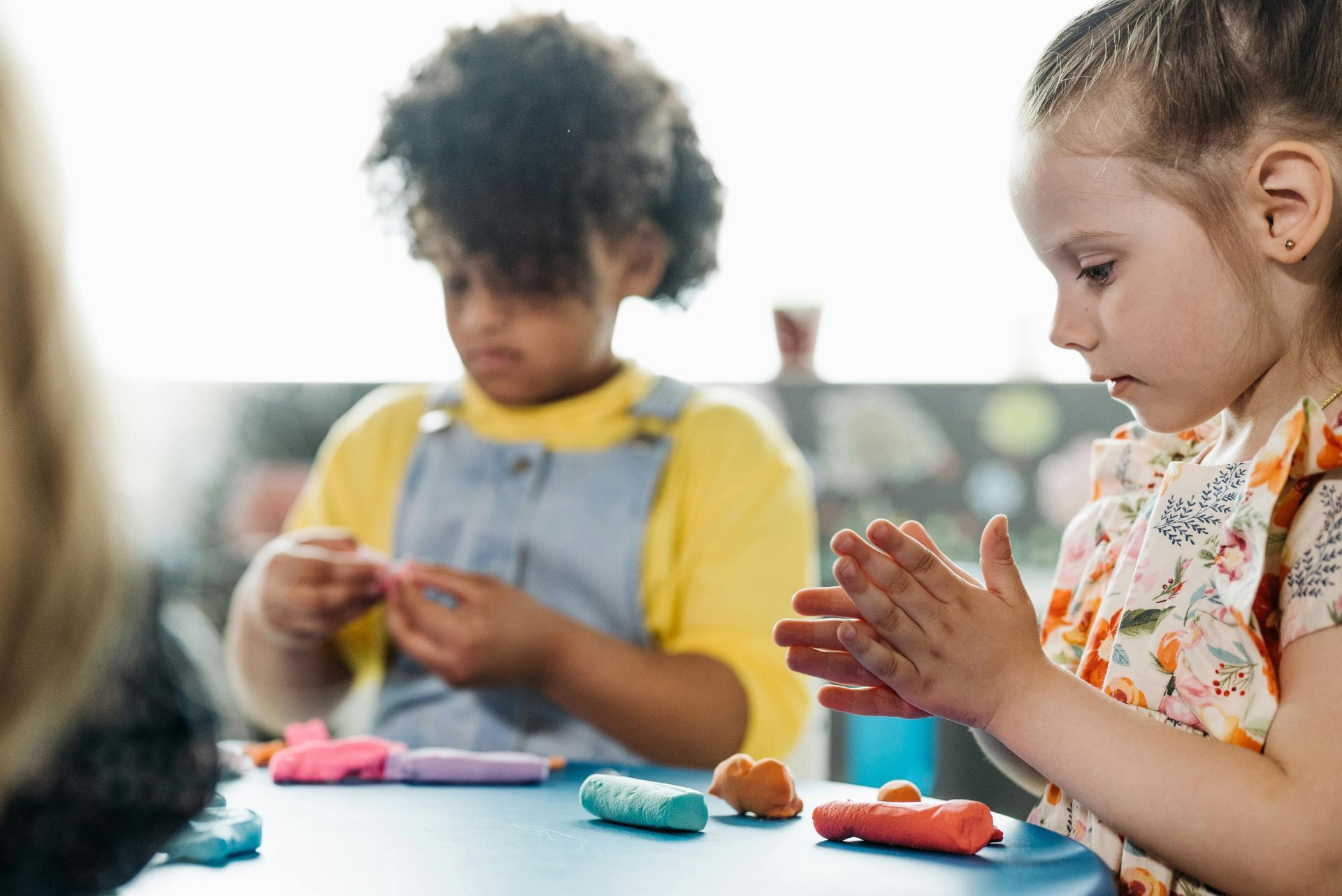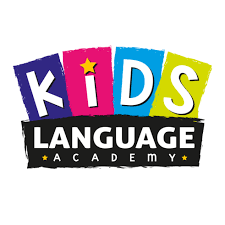The Science of Learning Languages Early: What Sets Kids Language Academy in Florida Apart

As parents, the journey to securing a bright and successful future for our children is a shared goal. Many recognize that one of the greatest gifts a child can receive is the ability to speak multiple languages, a skill that will serve them throughout their lives in various personal and professional capacities. While the world is increasingly interconnected, bilingual and multilingual children have access to enhanced opportunities, a richer cultural experience, and cognitive advantages. But how does a child acquire these benefits, and when is the best time to start?
At Kids Language Academy in Florida, the power of early language acquisition is at the core of their teaching philosophy. The academy's commitment to offering high-quality, science-backed language programs gives Florida children an extraordinary advantage in today’s globalized world. So, what is the science behind learning languages at an early age, and what makes Kids Language Academy a standout choice for parents looking to give their children the best start possible in language education?
1. The Critical Period Hypothesis: Unlocking the Potential of Young Minds
According to one of the most widely accepted theories in linguistics, the Critical Period Hypothesis (CPH), there is a limited window in childhood during which language learning is most effective and natural. This period typically spans from birth to around the age of 7, although some research suggests the window can extend up to the age of 10. During this time, a child’s brain is particularly receptive to language, meaning they can effortlessly absorb new languages, much like they do their first language. It’s during these years that a child’s brain retains the plasticity necessary for mastering pronunciation, syntax, and fluency with minimal effort.
Kids Language Academy leverages this crucial time by offering immersive language programs that expose children to new languages at the ideal age. By beginning language lessons during this period, children can develop native-like pronunciation and more effortless fluency. Studies have shown that children who begin learning a second language before age 7 are more likely to achieve proficiency in their second language with a strong accent and fluency akin to native speakers.
By tapping into this innate ability, Kids Language Academy maximizes every opportunity to shape your child’s future, setting them up for academic success and cultural adaptability. The earlier a child starts their language journey, the more beneficial it will be for their long-term development.
2. Language Immersion: The Key to Fluid Language Acquisition
Research consistently shows that one of the most effective ways to learn a new language—especially at a young age—is through language immersion. Immersion involves surrounding the child with the language in natural, real-world contexts rather than relying solely on formal lessons or vocabulary drills. This approach allows children to pick up language as it’s meant to be used—through listening, speaking, and interacting in real-life situations.
At Kids Language Academy, children are immersed in language through interactive play, conversations with native speakers, and a variety of dynamic activities that encourage the use of language. For example, students are not just memorizing vocabulary lists—they are using the language in conversational contexts, playing language games, reading stories in the target language, and participating in fun, hands-on activities that reinforce language skills.
This natural exposure enables children to absorb the rhythm, tone, and structure of the language in a way that feels authentic and exciting. In contrast to traditional language education methods, immersion promotes an intuitive understanding of how language works in everyday life. Kids Language Academy’s immersive approach helps children develop both receptive and productive language skills. This includes comprehension (understanding spoken and written language) as well as the ability to express themselves fluidly in the target language.
3. Cognitive Benefits of Early Bilingualism: Sharpening the Mind
The cognitive benefits of early bilingualism are well-documented. Studies show that children who learn two or more languages before the age of 7 show significant cognitive advantages over their monolingual peers. These benefits are wide-ranging and include enhanced memory, improved problem-solving skills, and greater cognitive flexibility.
Children who speak more than one language are particularly skilled at switching between tasks and adjusting their thinking in response to new information. They develop better executive functions, which are responsible for skills such as attention control, multitasking, and planning. These skills are incredibly valuable, not just for academic success, but for problem-solving in everyday life.
Additionally, bilingual children tend to have better critical thinking abilities because they are constantly navigating between two or more systems of grammar, vocabulary, and pronunciation. This type of mental agility promotes the development of higher-order thinking skills, which are necessary for creativity, innovation, and decision-making in the future. Kids Language Academy nurtures these cognitive benefits by providing an environment where children engage in dynamic, brain-stimulating activities in both languages.
Beyond cognitive flexibility, bilingual children also demonstrate superior memory abilities, both for verbal information and tasks that require visual or auditory recall. This enhanced memory capacity allows them to process and retain new information more effectively, giving them a significant advantage in school and later in life.
4. Personalized and Adaptive Learning Approaches: Tailoring Education to Each Child
Children learn in diverse ways, and at Kids Language Academy, the approach to language instruction reflects this individuality. Not all children respond to the same teaching methods in the same way. Some children may thrive in an environment that emphasizes visual learning, while others may find that auditory or kinesthetic methods work best for them. To meet the varied needs of every child, Kids Language Academy employs a personalized learning approach that adapts to each child’s unique strengths and preferences.
Teachers at the academy are trained to assess each child’s learning style early on and adjust their methods to ensure optimal engagement and retention. Whether a child excels in interactive storytelling, group learning exercises, or individual work, the academy ensures that all lessons are delivered in a way that best supports the child’s cognitive, emotional, and linguistic development.
This highly individualized approach not only makes learning more enjoyable for children but also maximizes their language acquisition potential. Children are never rushed through the learning process or made to feel pressured. Instead, they are encouraged to progress at their own pace, gaining confidence as they develop their language skills.
5. A Fun and Engaging Learning Environment: The Power of Play
One of the key principles at Kids Language Academy is that learning should be fun. The latest research on child development confirms that children learn best when they are actively engaged and having fun. This is why the academy emphasizes learning through play, creating an environment that fosters curiosity, creativity, and excitement about learning.
Through a variety of engaging activities such as language-based games, songs, interactive group projects, and creative arts, children are exposed to new vocabulary and grammar structures in ways that feel enjoyable and motivating. When children associate learning with fun experiences, they are more likely to stay engaged and retain the language more effectively.
For example, children might engage in a game where they have to match vocabulary words with corresponding images, or they may participate in a scavenger hunt where they follow clues written in the target language. These types of activities keep language learning fresh, exciting, and memorable. As a result, children remain motivated to continue their language studies, which increases the likelihood of long-term success.
6. Building Confidence Through Language Mastery
Learning a second language can feel intimidating, especially when children are just starting out. However, at Kids Language Academy, the approach to language education is designed to foster a sense of confidence from day one. By creating a safe, supportive, and encouraging environment, the academy ensures that children feel comfortable using the target language, even if they make mistakes along the way.
Teachers focus on positive reinforcement and celebrate each milestone, no matter how small. Whether a child successfully pronounces a new word, completes a language task, or engages in a conversation, the academy’s teachers recognize these achievements with praise and encouragement. This not only builds the child’s confidence but also instills a growth mindset, which teaches children that language learning is a process and that mistakes are simply part of that journey.
As children gain confidence in their language skills, they become more motivated to speak, read, and write in the target language, leading to even greater proficiency over time. The atmosphere at Kids Language Academy encourages exploration, helping children feel empowered to experiment with language without fear of failure.
7. Cultural Awareness: A Gateway to a Global Perspective
At Kids Language Academy, language learning goes hand in hand with cultural exploration. One of the greatest benefits of learning a new language at an early age is that children gain insight into the cultures and traditions associated with the language. This exposure broadens their horizons and helps them develop a deeper sense of global citizenship.
Whether children are learning about traditional holidays, foods, or customs related to the cultures of the languages they are studying, they are simultaneously building an appreciation for diversity and inclusivity. This type of cultural education enriches their understanding of the world, fostering a sense of empathy and respect for others. It also gives children the confidence to communicate and engage with people from different backgrounds and cultures, an invaluable skill in today’s interconnected world.
Through these cultural lessons, children at Kids Language Academy are able to see the world not just as their local community but as a diverse and interconnected place. This global perspective enriches their language learning experience and encourages them to become open-minded, compassionate, and informed individuals.
To complement your child's language journey, explore how
Kids Language Academy builds confidence and fluency in young learners, or learn why the academy is
Florida's top choice for parents looking to provide their children with the best start in language education.
Conclusion: A Lasting Impact on Your Child’s Future
At Kids Language Academy, the scientific principles of early language learning are at the heart of their approach, ensuring that each child is equipped with the tools they need to succeed in language acquisition and beyond. By harnessing the power of early language acquisition, immersion techniques, personalized learning, and fun, engaging activities, the academy provides children with the best possible foundation for lifelong success. The cognitive benefits, enhanced memory, better problem-solving skills, and heightened global awareness are just a few of the rewards that come with early language learning at Kids Language Academy.
Parents can rest assured that their child is not only learning a new language but also building essential skills for the future. Whether it’s expanding their cognitive flexibility, developing a global perspective, or gaining the confidence to speak freely in multiple languages, Kids Language Academy is providing a springboard for future opportunities.
By investing in language education at Kids Language Academy, you are giving your child more than just a new set of words—they are gaining an invaluable skill set that will last a lifetime. With a commitment to excellence, a passion for teaching, and a dedication to fostering each child’s individual growth, Kids Language Academy stands apart as a trusted leader in early language education in Florida. Through the science of language acquisition, children are not just learning to speak—they are learning to thrive in a multilingual world.










